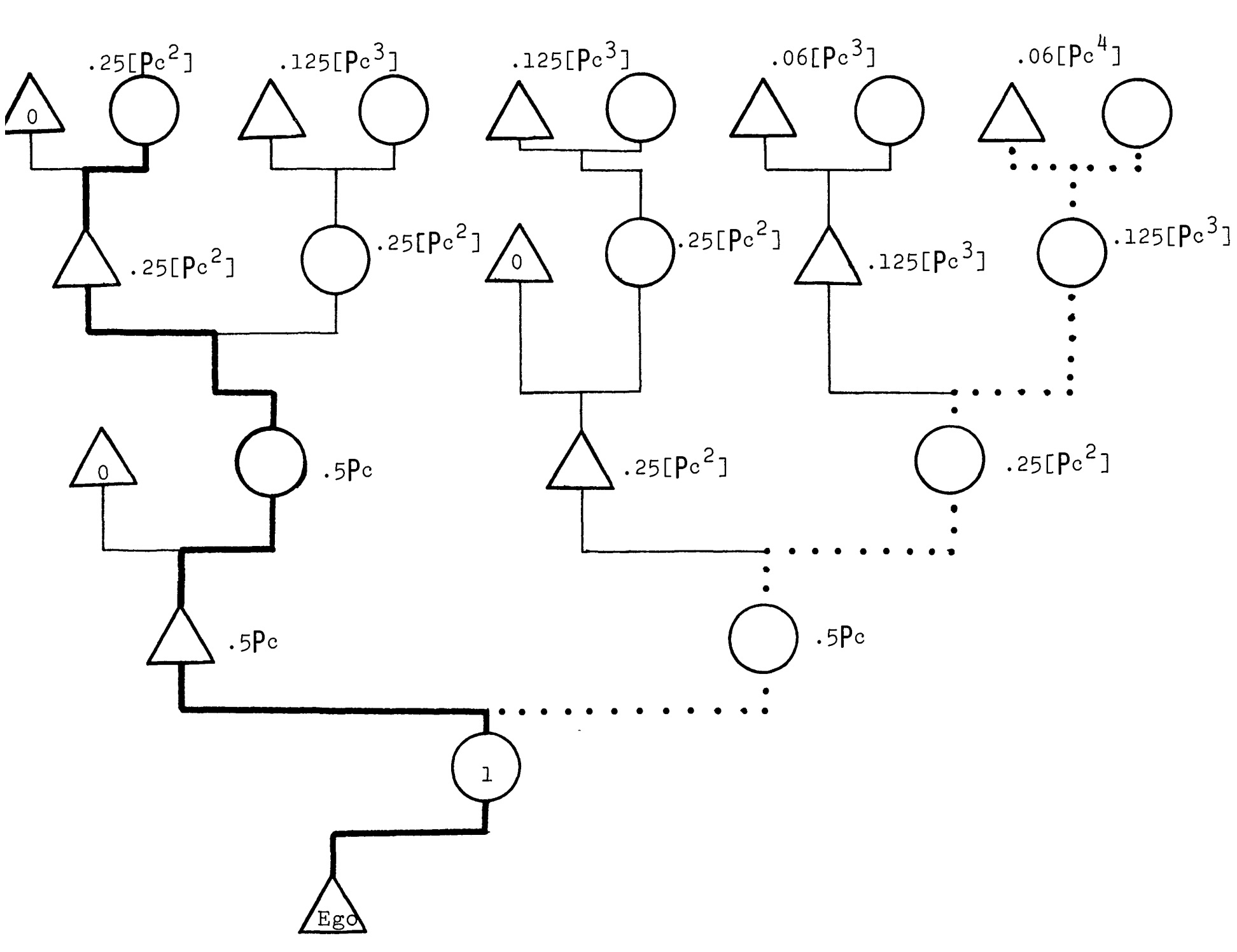Natural Selection and the Inheritance of Wealth
cited 155 times (per Google Scholar accessed on 11/29/2022)
The evolution of human social and sexual behavior must be strongly influenced by the obvious, yet seldom cited, difference in reproductive potential between males and females. Since a male can impregnate on a relatively continuous basis through-out his reproductive years, while a female must invest over nine months of her reproductive period in each pregnancy, an individual male has the physiological potential to procreate hundreds of children in a lifetime, while an individual female is limited to a maximum of approximately 30 (of course, total female reproduction must equal total male reproduction). The key variable here is the frequency of multiple mates for males: a male’s reproductive success can be greatly enhanced by mating with many females, whereas a female can only be impregnated approximately once per year, regardless of the number of her mates.
The connection between differential male reproductive variance, inheritance, and fitness can be drawn through economic analogy.
Read my complete discussion on this subject in this attached pdf.

